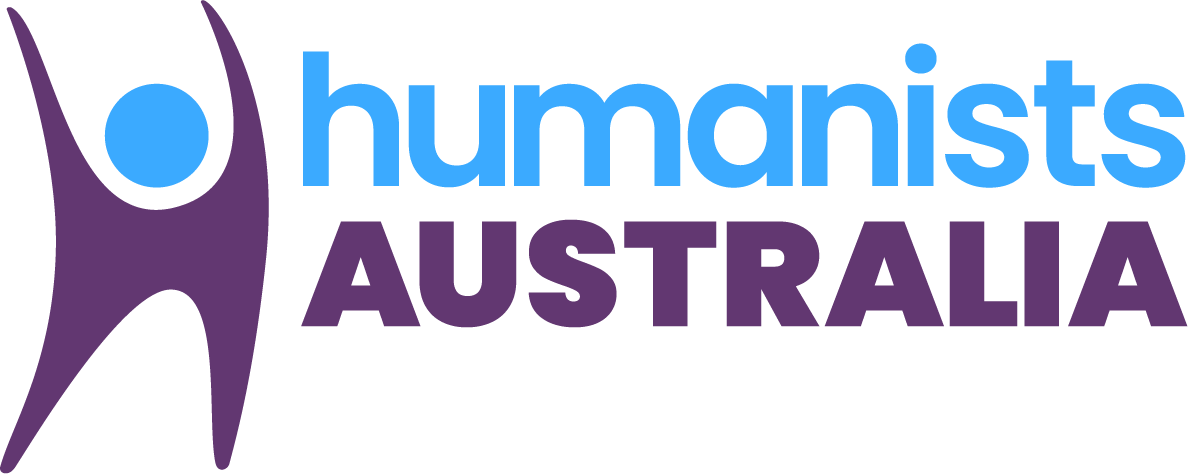What is Humanism?
Discover Humanism in less than a minute!
Humanist beliefs and values are as old as civilization and have a history in most societies around the world. Modern humanism is the culmination of these long traditions of reasoning about meaning and ethics, the source of inspiration for many of the world’s great thinkers, artists, and humanitarians, and is interwoven with the rise of modern science. ― Introduction to the Declaration of Modern Humanism 2022
“I find humanism to be the most rational and positive philosophy for life. And it’s not a new thing at all - the history of humanist thought is deep and inspiring” — Alice Roberts
“Humanism is an approach to life based on reason and our common humanity, recognising that moral values are properly founded on human nature and experience alone” — The Bristol Humanist Group
“Life has no meaning a priori… It is up to you to give it a meaning, and value is nothing but the meaning that you choose.” ― Jean-Paul Sartre
“Humanism is a progressive philosophy of life that, without theism or other supernatural beliefs, affirms our ability and responsibility to lead ethical lives of personal fulfilment that aspire to the greater good.” — American Humanist Association
“A secular State embraces freedom of religion or belief, the equal treatment of persons regardless of faith, and the separations of religious and state authorities.” — Simon Blackburn
Breaking it Down
Meaningful Lives
Human beings have the right and responsibility to give meaning and shape to their own lives, and humanism offers a framework for doing it. Finding the meaning of life cannot be left to others.
A Humane Society
Humanism attempts to build a more humane and democratic society, where fulfilment is the goal and people are treated with dignity and respect, and have equal rights and opportunities.
Ethics and Natural Values
Humanism recognises that humans have naturally evolved value sets as well as cultural ones. Ethics is the process of refining our values and determining how to act in line with those values.
Reason and Free Thought
Humanism relies on reason and free inquiry. People can build on their knowledge but also question it. This involves carefully evaluating evidence, and not blindly accepting ideas from others like friends, social and traditional media, or authority figures.
Gods and the Supernatural
Humanism does not believe in gods that answer prayers or interfere in the natural world (theism), and it does not accept supernatural explanations of reality. Such explanations are unreliable, lack evidence, and have been used to defy human rights and reason.
If you feel this way too, you are not alone!
Subscribe to find out more about what we do or Join Humanists Australia to support the work that we do and be part of a Humanist community.
View the slides of the current version of “What is Humanism”.
In this publication, humanist and HA Board Director, Leslie Allan outlines core principles underpinning the humanist world view.
Further Reading
The Little Book of Humanism — Andrew Copson and Alice Roberts
The Magic of Humanism (PDF) — Ethical Society of St Louis
On Humanism — Richard Norman

